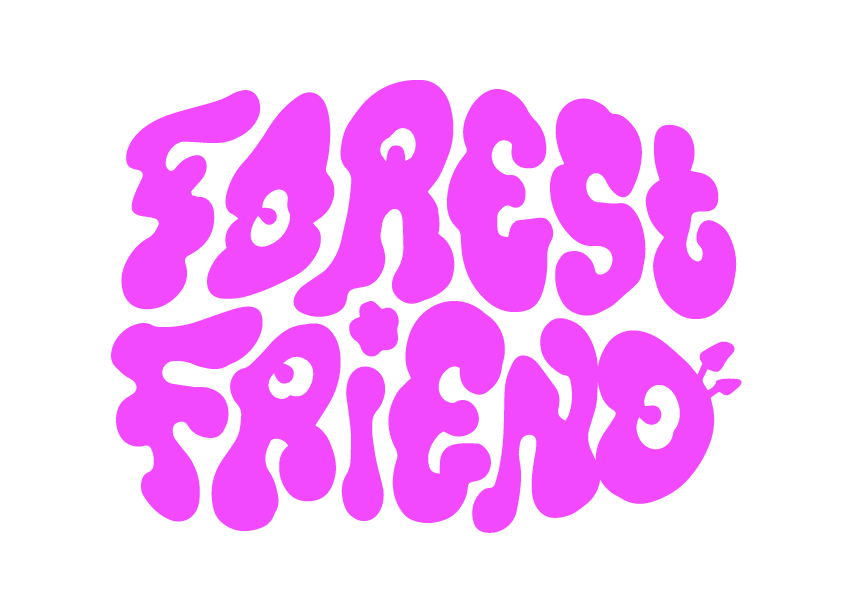Wall clocks are, unfortunately, becoming more and more unnecessary. Once upon a time, before our pockets and backpacks were filled with tiny computers, every room had a clock in order to help us arrange our days.
Clocks became important stylistically because they were always so necessary. Such a universal constant presented innumerable creative opportunities to industrial designers and marketing opportunities to companies. Clocks were a mainstay that gave structure and purpose to a room, just like time gives balance and order to our ephemeral space, and they affect our lives more significantly than we might think.
The vehement organization of time falls in and out of vogue. Historically, agricultural workers’ time was defined by the movement of the sun, not ticking hours. In the early twentieth century, scientific management, a movement pioneered by Frederick Taylor and centred on improving industrial efficiency and productivity, both enabled and revolutionized mass factory production. The craftsman became the factory worker, chained to the clock, every movement planned and watched to maximize efficiency and prevent wasteful deviations. Time, measured by the clock, became a form of control and exploitation.
 This obsession with regulating efficiency came to be challenged rigorously from many different angles. We’ve all experienced how such deviations, distractions and detours can prove creatively potent. And in the later twentieth century some places of work, usually in the creative field, tried to devise an atmosphere of deliberate distraction in order to encourage creativity (remember that insufferable IDEO video?). But by the time we all started using our home computers, work computers and tiny portable screens all day to check our emails, tweet our thoughts and write on our friends’ walls, the myth that distraction, novelty and multitasking were the mothers of creativity was soundly debunked.
This obsession with regulating efficiency came to be challenged rigorously from many different angles. We’ve all experienced how such deviations, distractions and detours can prove creatively potent. And in the later twentieth century some places of work, usually in the creative field, tried to devise an atmosphere of deliberate distraction in order to encourage creativity (remember that insufferable IDEO video?). But by the time we all started using our home computers, work computers and tiny portable screens all day to check our emails, tweet our thoughts and write on our friends’ walls, the myth that distraction, novelty and multitasking were the mothers of creativity was soundly debunked.
In the early 2000s, a new take on time, productivity, efficiency and creativity developed, instigated largely by David Allen’s organizational method “Getting Things Done” (GTD), outlined in a book of the same name. Blogs like 43 Folders and Lifehacker also focused on the challenge of corralling attention to remain both creative and productive in an age of increasingly unstoppable disruptions, and offered systems and methods to make time and brain-space for creative projects.
It’s ironic that, since the last century’s innovations in mass production freed up so much daily leisure time for us, we’ve spent so much of it inventing objects and methods that help to free up more of our time. And with every new technological leap, it becomes easier and easier to sink into a semi-virtual world where our sense of time is at best irrelevant and at worst intentionally distorted.
 I see the disuse of clocks in common spaces as an indication of how little we value our time. Being in front of a computer — which is where I spend most of my waking hours — necessitates so many contemporaneous operations in the mind that a warped, scattered sense of reality sets in. I seem to be so much more present in the hours I spend writing a letter by hand or working on a craft project or even cooking, simply because I am usually attending to that one thing only.
I see the disuse of clocks in common spaces as an indication of how little we value our time. Being in front of a computer — which is where I spend most of my waking hours — necessitates so many contemporaneous operations in the mind that a warped, scattered sense of reality sets in. I seem to be so much more present in the hours I spend writing a letter by hand or working on a craft project or even cooking, simply because I am usually attending to that one thing only.
Clocks are important. A clock in a space is about simple, focused time. Even just looking up and seeing a clock is an internal check, a time for asking yourself questions about your relationship to the outside world. In that way, a clock is a mirror for your mind, a visual reminder to stop and reflect.
These beautiful clocks are both in excellent working order and are available on the Forest Friend Etsy site.
The Woodland Clock is a bit subversive — the forest background seems to encourage fantasy rather than the sober reality check clocks often provide. It looks like a workshop clock, circa 1970, but would be perfect pretty much anywhere.
The Diamond Clock is a showy piece. It reminds me of the 1960s kitchen scene in Joel’s imagination in the film “The Eternal Sunshine of the Spotless Mind.” It screams housewife kitsch, which is usually a loud reminder to thank the women’s liberation movement that you’re no longer expected to have dinner on the table by the time that clock hits five.

